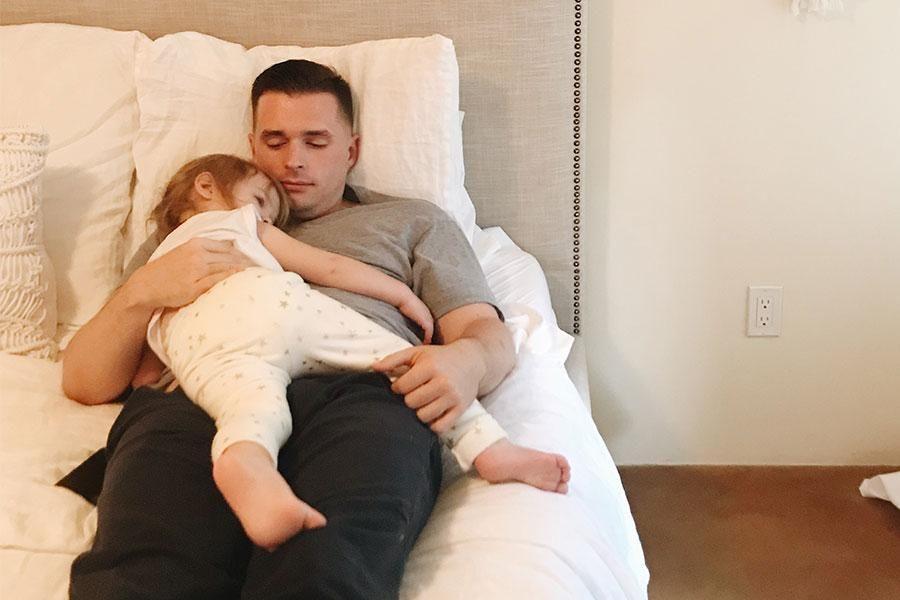TODDLER
What Causes Night Seizures in Toddlers?
When and why children experience night time convulsions.

Written by
Dr. Harvey Karp

SHARE THIS ARTICLE
PARENT PICKS
Bestsellers
TODDLER

Written by
Dr. Harvey Karp

SHARE THIS ARTICLE
Bestsellers
A seizure (also called a convulsion) occurs when the brain short-circuits. This can cause uncontrolled body jerks, an inability to communicate and urination.
Night is actually a common time for seizures. The brain is more susceptible to these electrical eruptions when it is overly tired and just entering sleep…or just awaking. It is easy to mistake the screaming and unresponsiveness of a night terror for a seizure. But while night terrors terrorize us, they lack the cardinal signs of seizures: drooling, limb twitching, tongue biting, and incontinence.
Common signs of seizures in children are:
But as we mentioned previously, because a toddler is asleep it may be difficult to determine if your child is having a night seizure. Make sure to consult with a medical professional if you have any concerns that your child is suffering from seizures or night seizures.
Night seizures may be triggered by a sudden surge of fever (or fever seizures). It is pretty clear when this is the case because a child usually is flushed red and hot to the touch.
But when there is no obvious reason for a night seizure, the cause may be benign rolandic epilepsy (also called benign focal epilepsy of childhood).
This problem can start as early as 3 years of age, although it usually does not begin before children are 5. These night seizures are often overlooked for a long time because they happen during sleep. But once the diagnosis is suspected, parents often report that their kids have been sleeping less, exhausted during the day, and experiencing night terrors and sleepwalking for weeks or months. Fortunately, the seizures cause absolutely no serious health problems and disappear by the teen years.
The diagnosis of seizures requires a full medical evaluation, including a sleep EEG (electroencephalogram) to record the electrical activity in the brain (although sometimes the EEG may be normal). Many children do not need any treatment at all, while others benefit from taking an anticonvulsant drug.
Your toddler twitching while asleep may be startling—but there is nothing to worry about. Toddlers twitching in their sleep is pretty common, and it is believed that the twitching may be linked to sensorimotor development in babies and toddlers. The body’s twitching while asleep could be the brain’s way of teaching your child about their limbs and what they can do with them!
Disclaimer: The information on our site is NOT medical advice for any specific person or condition. It is only meant as general information. If you have any medical questions and concerns about your child or yourself, please contact your health provider. Breastmilk is the best source of nutrition for babies. It is important that, in preparation for and during breastfeeding, mothers eat a healthy, balanced diet. Combined breast- and bottle-feeding in the first weeks of life may reduce the supply of a mother's breastmilk and reversing the decision not to breastfeed is difficult. If you do decide to use infant formula, you should follow instructions carefully.